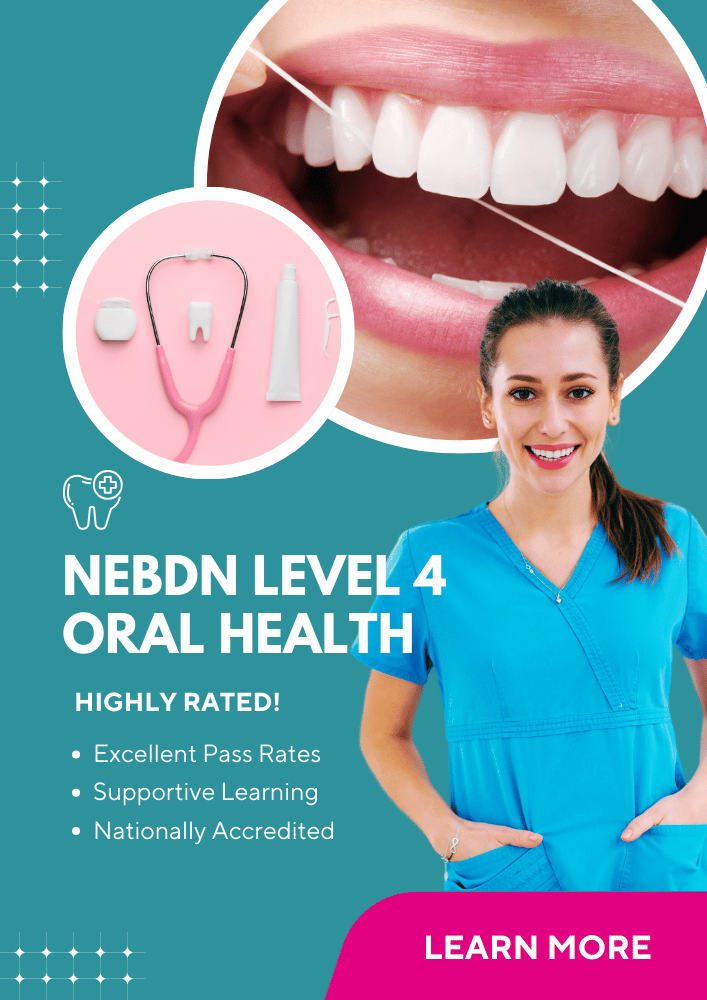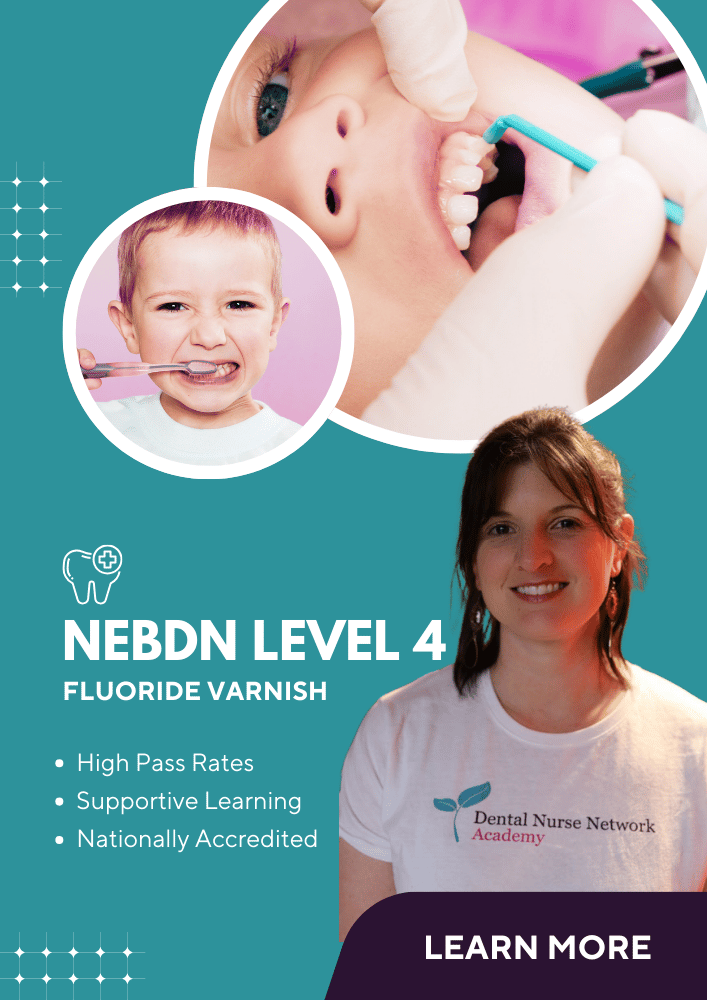 The scope of practice for a dental nurse clarifies the activity, operations and processes which a registered nurse is authorised and allowed to carry out. This term is used to report on what a dental nurse is trained to do. It explains the skills, abilities and training which is expected in the industry.
The scope of practice for a dental nurse clarifies the activity, operations and processes which a registered nurse is authorised and allowed to carry out. This term is used to report on what a dental nurse is trained to do. It explains the skills, abilities and training which is expected in the industry.
It also describes the required knowledge and experience which is necessary to ensure safe and efficient practice for both dental nurses and patients. Therefore, it is essential for dental nurses to know what experience and skills are fundamental to their scope of practice and what options they can take to alter and develop their scope. There are a range of skills an individual must have in order to pursue a career as a dental nurse professional.
So what are the skills you need?
A dental nurse’s role is to provide chair-side support to dentists and patients in all features of clinical practice and treatment. Nurses assemble, prepare and maintain appropriate equipment, instruments and  dental materials. Equipment and materials are also set up for radiography, radiographs are then processed by nurses. Dental nurses perform infection-control procedures, these stop any impure exposure or addition of contaminated substances to the surgery. Nurses also ensure the tidiness of the surgery and sterilize all equipment used. Nurses are required to record notes from dentist charting and dictation. As well as this they document accurate patient records and information. One of the most important skills expected is support for patients. This includes monitoring and reassuring patients. Nurses also provide relevant advice, as well as making referrals to appropriate heath professionals. All nurses are coached in first aid and trained to cope with potential medical emergencies. Nurses are also required to be capable of performing resuscitation.
dental materials. Equipment and materials are also set up for radiography, radiographs are then processed by nurses. Dental nurses perform infection-control procedures, these stop any impure exposure or addition of contaminated substances to the surgery. Nurses also ensure the tidiness of the surgery and sterilize all equipment used. Nurses are required to record notes from dentist charting and dictation. As well as this they document accurate patient records and information. One of the most important skills expected is support for patients. This includes monitoring and reassuring patients. Nurses also provide relevant advice, as well as making referrals to appropriate heath professionals. All nurses are coached in first aid and trained to cope with potential medical emergencies. Nurses are also required to be capable of performing resuscitation.
So what is the size of the scope?
The scope of practice for an individual dental nurse is subject to change over their career. What is important for dental nurses to know is that they can take control of their scope and the size they desire it to be. There are many additional skills one can expand on and obtain once registered. One option is to widen the scope.This can be done by upgrading expertise and acquiring new skills. An alternative is to narrow the scope by focusing on a specific area of knowledge. This would allow an individual to specialise in a particular field. Dental nurses have the option to take charge of their scope, they can make it what they want it to be.
So how can you shape your scope?
Dental nurses can shape their own scope of practice by attaining further skills to progress in their career. There are many choices and routes a dental nurse can make. Here is a list of additional skills and potential courses which dental nurses can pursue, issued by the GDC website:
● further skills in oral health education and oral health promotion
● assisting in the treatment of patients who are under conscious sedation
● further skills in assisting in the treatment of patients with special needs
● intra-oral photography
● shade taking
● placing rubber dam
● measuring and recording plaque indices
● pouring, casting and trimming study models
● removing sutures after the wound has been checked by a dentist
● applying fluoride varnish as part of a programme which is overseen by a consultant in dental public health or a registered specialist in dental public health
● constructing occlusal registration rims and special trays
● repairing the acrylic component of removable appliances
● tracing cephalographs
Here is a list of additional skills on prescription also set out by the GDC website:
● taking radiographs to the prescription of a dentist
● applying topical anaesthetic to the prescription of a dentist
● constructing mouthguards and bleaching trays to the prescription of a dentist
● constructing vacuum formed retainers to the prescription of a dentist
● taking impressions to the prescription of a dentist or a CDT (where appropriate)
Training & Competency
The updated GDC standards state that all members of the dental team should be:
- appropriately trained and qualified
- keep their skills up to date
- work within current laws and regulations
As a dental nurse you must:
- Provide good quality care based on current evidence and authoritative guidance
- Work within your knowledge, skills, professional competence and abilities
- Update and develop your professional knowledge and skills throughout your working life
Standard 7.2
"You must work within your knowledge, skills, professional competence and abilities." Standards - GDC Guidance
7.2.1 States that
You must only carry out a task or a treatment if you are appropriately trained, competent, confident and indemnified. Training can take many different forms. You must be sure that you have undertaken training which is appropriate for you and equips you with the appropriate knowledge and skills to perform a task safely.
Dental Nurses should ensure their indeminity covers any new skills, extended duties. Many dental nurses are covered under their dentist's indemnity. Simply check with your dentists indeminty provider and make sure you get in in writing!
One of the questions answered within the dental team working FAQs is:
Q: What does it mean to be ‘trained and competent?
A: The best way to approach the concept of ‘trained and competent is to ask yourself: ‘If a complaint was made against me, how can I justify that I am trained and competent to carry out this particular additional skill?’
If you cannot confidently provide evidence to demonstrate that you are trained and competent, you should think about whether you need more training or whether you could find some way to demonstrate your competence.
The below Webinar is presented by Rachel Hughes - Teacher, Dental Nurse, Oral Health Educator & Radiographer




